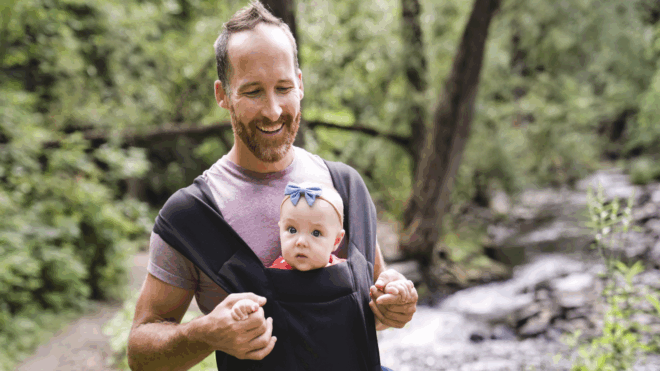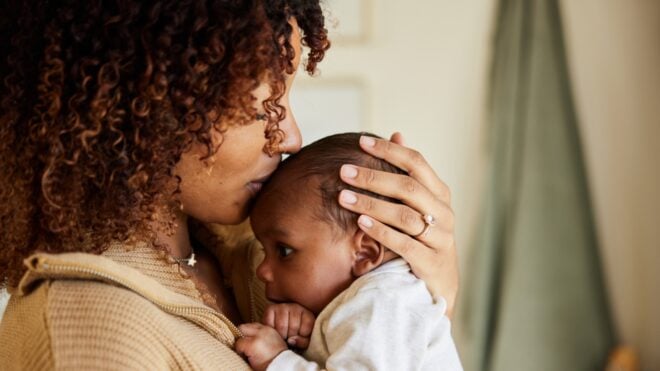Years ago I worked with a young boy who reported a different case of "bullying" to me almost every week. His feelings were hurt almost constantly. He felt like he just didn't fit in and that made lunch and recess particularly difficult. He felt alone at school.
He was anxious and sad, and frequently complained of stomachaches.
Week after week we processed his feelings, worked on ways to find a "just right" friend and practiced entering groups. One day, almost like magic, he found a friend. He and his new friend quickly bonded over favorite books, karate and video games. They sat together at lunch and played together at recess, and he no longer felt anxious and alone.
RELATED: How Parents Make or Break Youth Sports
Months later he came to me feeling guilty. He said that he didn't think he was actually bullied, and that maybe he shouldn't have used that word. The other kids didn't tease him, taunt him or physically harm him. What they did was exclude him. When he tried to join, they ignored him. When he made a joke, they didn't laugh. They didn't engage in the classic instances of bullying that show up in movies and on TV, but, make no mistake, what they did was bullying.
They intentionally left him out every single day.
It can be hard to talk to kids about bullying, because sometimes it's difficult to determine when age-appropriate arguments bleed into bullying. The best thing to do is to keep the lines of communication open and make time for meaningful conversations with your kids each day. Here's how:
Communicate
Many kids don't actually understand what bullying is. Talk to your kids about social relationships. Help them understand the give and take that makes friendships work.
Life is busy, and sometimes we gloss over the deeper conversations that can occur when we stop what we're doing to prioritize talking time. When kids see us glancing at screens or attending to other distractions while they talk, they internalize the message that their words aren't important.
It's important to help kids understand what bullying looks like (that it's often very covert) and how others feel as a result.
When your kids need to talk, it's really important to listen. When we prioritize talking time, our kids trust us with their thoughts and feelings. That leads to greater in-depth discussions about the hard stuff.
Educate
Look for resources and learn about the different ways kids bully so that you can educate your child. Bullying isn't just physical aggression and threats. Bullying can fall under these categories:
Verbal: This includes teasing, taunting, name-calling and inappropriate sexual comments.
Social or relational: This can take the form of leaving someone out on purpose, telling other kids to ignore someone, embarrassing someone in public or spreading rumors.
Physical: This can include hurting a person or their possessions. Hitting, kicking, tripping/pushing, and taking or breaking things all fall under this heading.
It's important to help kids understand what bullying looks like (that it's often very covert) and how others feel as a result.
Empathize
Childhood is full of ups and downs and is often very confusing. Even if your child isn't being bullied, negative peer interactions can feel very overwhelming and upsetting. Empathize with your kids.
When we empower kids to put kindness first, we raise a generation of kids who look out for one another instead of tearing one another down.
Listen to their stories, ask them how they feel, share your own stories and then move on to problem-solving. Sometimes kids just need a shoulder to cry on. They aren't always looking for a solution.
When you demonstrate empathy to your children, your children are more likely to return to school and empathize with someone else.
Empower
Empower your kids to spread kindness. Sure, there are recommended techniques to help "stop" a bully if a child sees bullying in action (and we should empower our kids to speak up when something isn't right), but something kids can do every single day is spread kindness.
Talk to your kids about looking for others who might need help. Encourage them to invite different kids to sit together at lunch or play together at recess. Talk about what it feels like when someone is kind and how it feels to be kind to others.
RELATED: 3 Reasons Halloween Freaks Out Kids (and What To Do About It)
When we empower kids to put kindness first, we raise a generation of kids who look out for one another instead of tearing one another down. Let's teach our kids to lift each other up so that they won't have to be on the lookout for bullies around every corner.
Recommended resources:
- Stopbullying.gov
- Kindness Wins by Galit Breen
- Stand Up for Yourself & Your Friends by Patti Kelley Criswell
Share on Facebook? http://mom.me/blog/23712-how-talk-your-kids-about-bullying/




